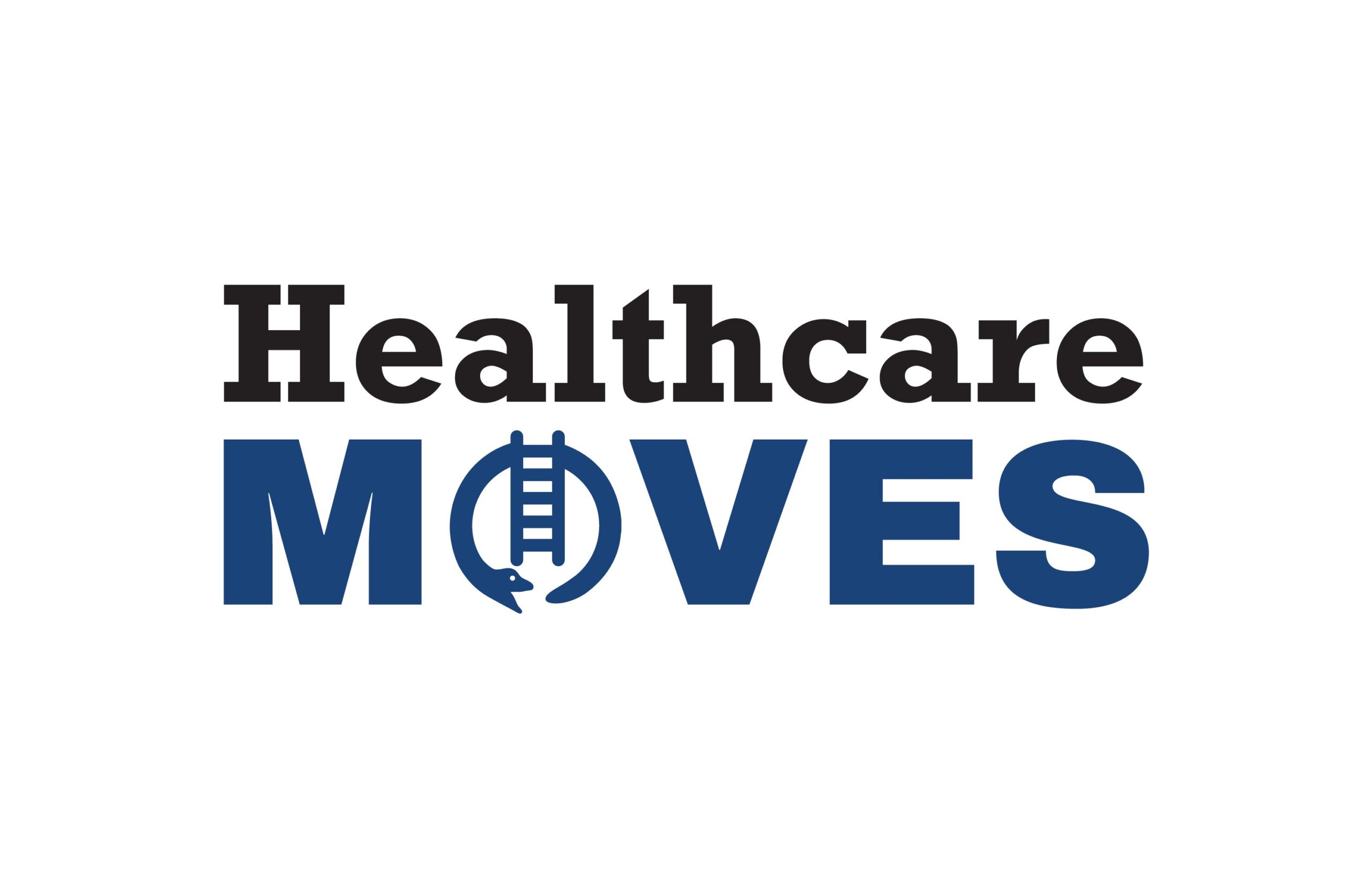Healthcare dealmakers must prepare for a new law and a recently introduced bill in the California Senate. Both aim to increase oversight in the healthcare M&A space, which is a legislative trend other states are beginning to participate in too.
The first piece of California legislation that the healthcare industry should be aware of is SB 184, which was signed into law a year ago. Certain requirements of that law will go into effect during the spring of next year, so healthcare stakeholders should prepare — especially as more details become available over the rest of the year.
The most notable result of this law is the creation of the Office of Health Care Affordability, which is housed within California’s Department of Health Care Access and Information. The office is charged with collecting and analyzing data related to healthcare costs across the state — this includes reviewing M&A deals in order to manage their effect on healthcare costs.
For the Office of Health Care Affordability to effectively review M&A deals, the law requires healthcare entities to provide written notice of any proposed transactions at least 90 days “prior to entering into the agreement or transaction.”
The language of this law is “a little troubling,” said Paul Gomez, a healthcare lawyer at Polsinelli, in a recent interview. It’s unclear whether the notice should be submitted 90 days before a purchase agreement is finalized or 90 days before a deal closes, he pointed out.
“Between the two options, I’m hoping it’s 90 days before closing the deal. But if it’s something as far back as 90 days before even signing a purchase agreement, that’s going to be very difficult to operate for any kind of a workable standard. And many of the deals may not even be known or fully fleshed out at that point,” Gomez declared.
Enforcement of the notice requirement is scheduled to begin on April 1 of next year. It applies to a wide range of healthcare organizations — including hospitals, health systems, physician organizations, payers and pharmacy benefit managers.
The Office is required to make a decision within 60 days of receiving the notice regarding whether they will conduct a cost and market impact review or choose to waive the review altogether. The review is mandatory if the transaction poses a risk to market competition, California’s ability to meet healthcare spending targets or costs for patients. Mega-mergers, deals that could create regional monopolies and vertical mergers are examples of the types of deal that might raise eyebrows.
The review considers whether the proposed deal will change things like market share, prices, quality, equity, costs and access. It also factors in whether the deal would provide potential benefits to consumers, such as increased care access and quality.
The law requires the Office to choose whether or not it will conduct a review within 60 days of receiving notice of a proposed deal —but it doesn’t include a timeframe for how long the review will take. While the Office lacks the power to officially approve or reject a transaction, the potential uncertainty surrounding the duration of its review process could pose a risk to deals — particularly those with time-sensitive constraints — Gomez explained.
The Office said it will release more information about its cost and market impact review program. Healthcare businesses should watch closely to see what the specifics entail because the Office will be holding workshopping sessions to gather feedback from stakeholders before it finalizes the regulations, Gomez noted.
The other piece of California legislation worth noting is AB 1091, which was introduced to the California Senate in March. If passed, the law would require healthcare businesses to give written notice and obtain written consent from the California Attorney General before entering into any M&A deal valued at $15 million or more.
The bill, as well as SB 184, are in line with legislative trends seen in other states — including New York, Massachusetts, Oregon and Connecticut — that ramp up oversight for healthcare M&A transactions, Gomez declared. For example, New York passed a law in May that requires healthcare entities to provide a notice to the state’s health department 30 days before the closing of a M&A deal.
“My concern for the healthcare sector in California — and for a lot of healthcare providers and investors — is that the delay and uncertainty and lack of clarity that’s presented by these laws will either deter a lot of badly-needed healthcare investment. And even if parties pursue it, there could just be undue delay and uncertainty that will cause a lot of deals to fall apart,” Gomez said.
Photo: AndreyPopov, Getty Images















